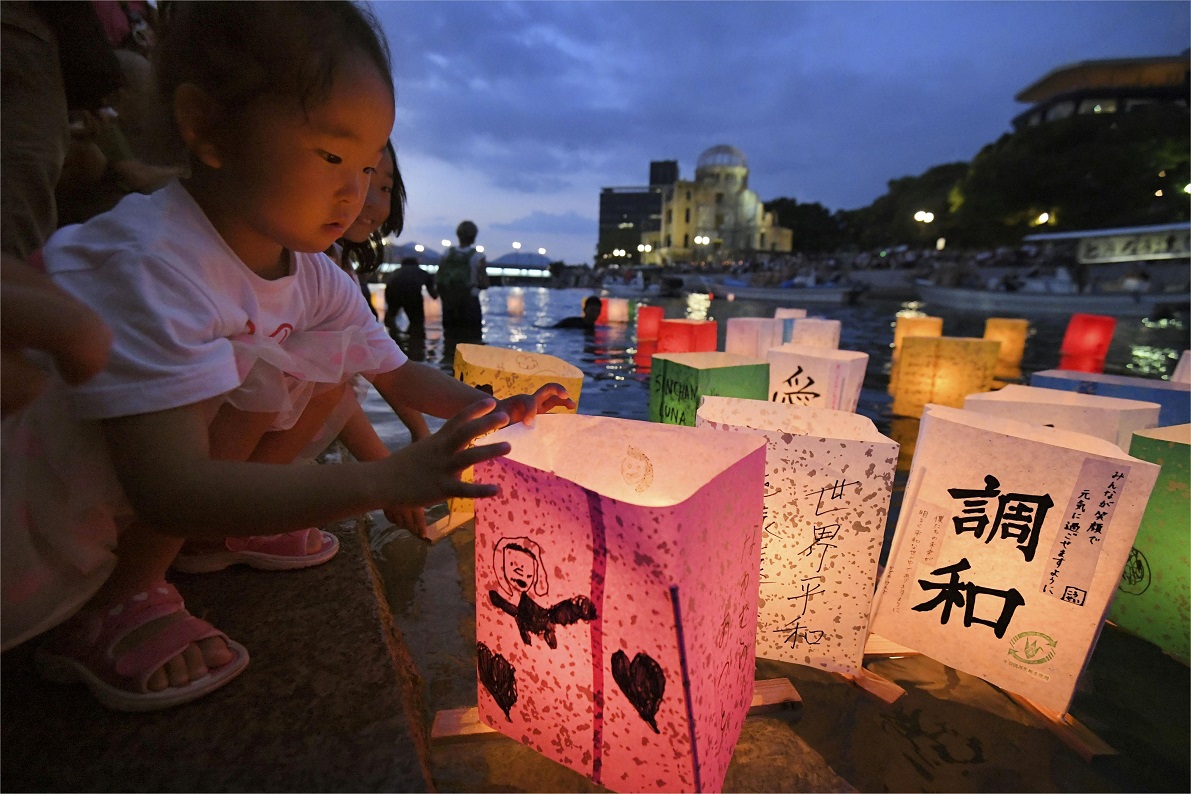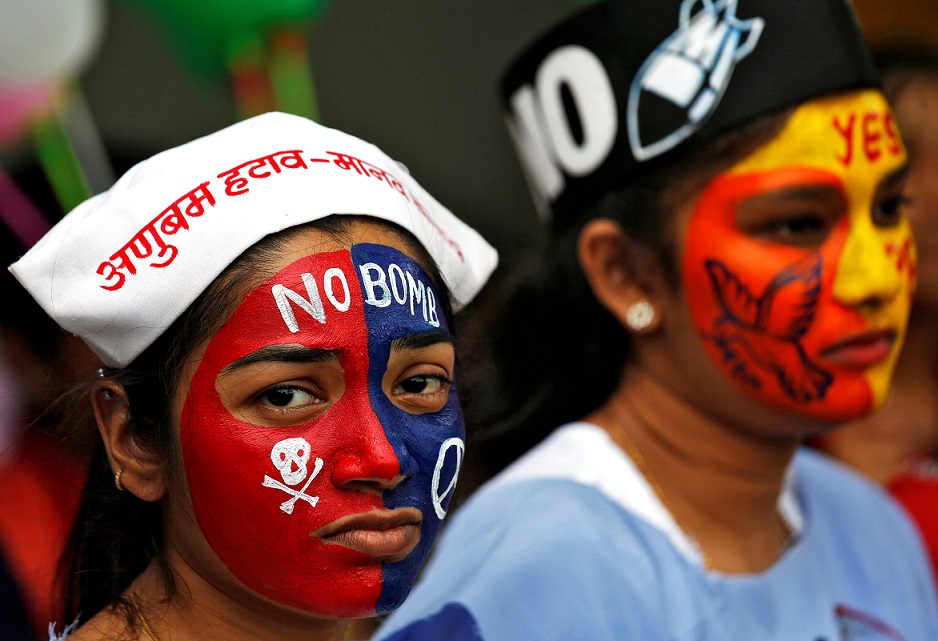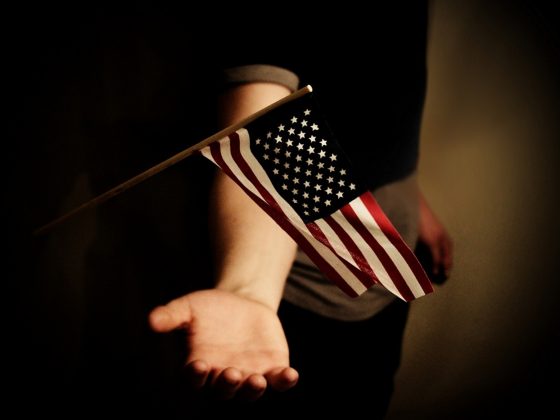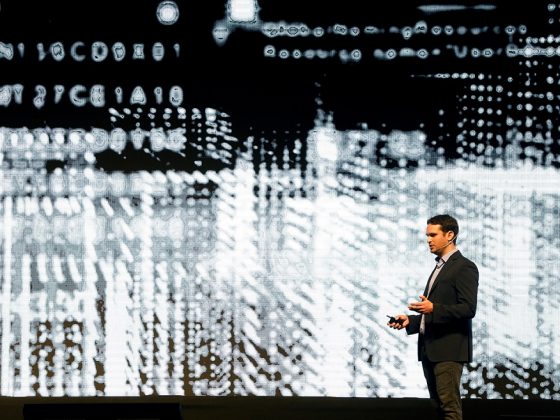The 73rd anniversary of the atomic bombings of Hiroshima and Nagasaki, where two nuclear weapons killed at least 129,000 people—most of them civilians, with thousands more dying years later due to indirect injuries and radioactive exposure—is a worthy time for introspection, where we should ask ourselves, “What have we learned from such a tragic event?”
Simply put, very little.
We still live in an extremely volatile world. Decades of nuclear standoff may end in a blink of an eye with nuclear powers ready to push the red button at any given provocation, regardless of the global devastation it would inflict. The US is making efforts to limit Iran’s nuclear program, but it’s an uncertain road to peace. According to White House national security adviser, John Bolton, another global threat, North Korea, has not taken the necessary steps to de-nuclearize despite an agreement signed in June.
Back in the 1950s, the great Kabbalist of the twentieth century, Rabbi Yehuda Ashlag (Baal HaSulam) wrote about the consequences of nuclear proliferation in his essay The Writings of the Last Generation: “If the total ruin that they are destined to bring upon the world is still not evident to the world, they can wait for a third world war, or a fourth one. The bombs will do their thing and the relics that remain after the ruin will have no other choice but to take upon themselves this work, where both individuals and nations will not work for themselves more than is necessary for their sustenance, while everything else they do will be for the good of others.”
“If the total ruin that they are destined to bring upon the world is still not evident to the world, they can wait for a third world war, or a fourth one.”
Baal HaSulam
The teachings of Baal HaSulam are more relevant now than ever. Mutual hatred overflows within societies, between people and countries, at all levels. Humanity is acting in the opposite direction of nature, which is balanced and harmonious. Instead, we are moving away from each other, immersed in global confrontation and frictions, developing sophisticated weaponry to destroy each other.
The human being is the most harmful force in nature, even more so than a nuclear bomb. The path to destruction is paved by incitement and separation among people. The ever-increasing human ego, the evil inclination that resides in people, manifests itself in self-centered actions at the expense of others. The exponential effect of this division within humanity is what causes wars and global crises. If we fail to implement a change in our self-centered focus, then we will continue heading down a path of prolonged suffering.
There is, however, another path. It is one where we realize the corrupt way we relate to each other, and construct new, positive relations among society—a path of unity.
“The ever-increasing human ego, the evil inclination that resides in people, manifests itself in self-centered actions at the expense of others.”
The more we tread the path of suffering, the more unbearable pressure would eventually make it evident that there must be another way to lessen the pain. Human society would then seek advice on how to survive and escape war and crisis. It will then be up to the generation’s leaders to do whatever possible to guide human society toward peaceful coexistence in an interconnected world.
The current global scenario is urging us to conduct this introspection, and choose a more civilized, enjoyable and wise path: the path of unity. Such a path is derived from nature’s key element—connection—where nature as a whole operates in total balance. We can replicate this harmonious system by replacing our egoistic relations with altruistic ones.
The transition between the two paths—from torturous torment to a fast path of human connection—is what the wisdom of Kabbalah teaches. As threats increase and crises continuously emerge, the wisdom of Kabbalah becomes revealed and accessible to all. It is the strongest weapon against any threat in the world, a powerful, positive, spiritual force that unites people by balancing good and evil. It is the “weapon of mass connection,” the only one we need for a peaceful existence.
“There is, however, another path. It is one where we realize the corrupt way we relate to each other, and construct new, positive relations among society—a path of unity.”












